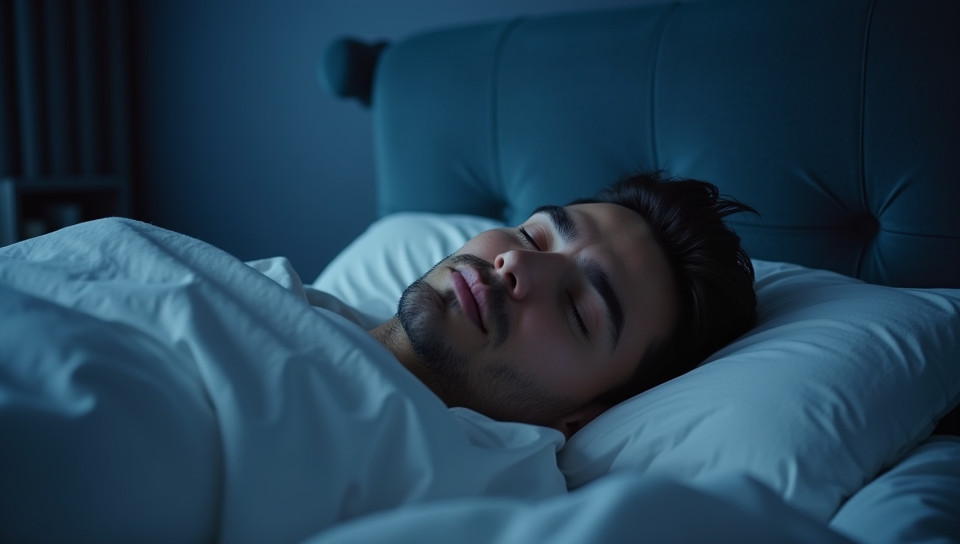Lack of melatonin causes insomnia 73%

The Dark Truth Behind Insomnia: How Melatonin Deficiency Plays a Role
Have you ever lay awake at night, staring at the ceiling, wondering why you can't seem to catch some quality sleep? You're not alone. Millions of people around the world suffer from insomnia, and for many, it's a frustrating and debilitating condition that affects every aspect of their lives.
What is Melatonin?
Melatonin is a hormone produced by the pineal gland in the brain, responsible for regulating our sleep-wake cycles. It's often referred to as the "sleep hormone" because its levels typically rise in the evening, helping us feel drowsy and prepare for bed. However, when melatonin levels are off, it can disrupt our ability to fall asleep and stay asleep.
The Link Between Melatonin Deficiency and Insomnia
Research has shown that a lack of melatonin is a common cause of insomnia. When we're under stress or exposed to artificial light sources in the evening, it can suppress melatonin production, leading to difficulty falling asleep. Here are some potential causes of melatonin deficiency:
- Disrupted circadian rhythms
- Exposure to electronic screens before bedtime
- Working late shifts or irregular schedules
- Certain medications that interfere with melatonin production
- Aging
The Consequences of Melatonin Deficiency
When we're not producing enough melatonin, it can have serious consequences for our physical and mental health. Some potential effects include:
- Fatigue and lethargy
- Difficulty concentrating and paying attention
- Mood disturbances, such as anxiety and depression
- Weakened immune system
- Increased risk of chronic diseases, like diabetes and cardiovascular disease
Overcoming Melatonin Deficiency
Fortunately, there are ways to boost melatonin production and overcome insomnia. Some strategies include:
- Establishing a consistent sleep schedule
- Creating a relaxing bedtime routine
- Avoiding electronic screens before bed
- Getting regular exercise during the day
- Seeking professional help if you're struggling with persistent insomnia
Conclusion
Lack of melatonin is a common cause of insomnia, and it's essential to understand its role in disrupting our sleep-wake cycles. By recognizing the potential causes and consequences of melatonin deficiency, we can take steps to overcome this debilitating condition and regain control over our lives.
- Created by: Jerren Gan
- Created at: Oct. 13, 2024, 8:09 a.m.
- ID: 12312


